Thinking about adding a Chow Chow to your home? These lion-like fluffballs are equal parts regal and reserved. With their teddy-bear looks, blue-black tongues, and deeply dignified vibe, Chows are unlike any other breed. They’re known for being aloof with strangers, fiercely loyal to their chosen humans, and shockingly tidy for a dog their size.
But don’t let their independence fool you—Chows can be incredibly devoted once they bond with you. Still, they aren’t for everyone.
In this Chow dog breed guide, we’ll break down their personality, grooming needs, ideal living setups, training quirks, and what kind of person thrives with a Chow by their side.
🐕 TL;DR – Chow Dog Breed Snapshot
- Aloof but loyal: Chows aren’t clingy—but they bond deeply with their people.
- Very clean dogs: Naturally odor-free and fastidious about grooming themselves.
- Not a social butterfly: Wary of strangers and often indifferent to other pets.
- Better for experienced owners: Their strong will and independence need confident handling.
- Low energy, high presence: They don’t need much exercise—but they take up emotional space.
Why It Matters
Because bringing home a Chow means understanding their unique personality—and making sure your home and lifestyle match their cool, calm, and clean vibe.
🧼
Clean by Nature
Chows rarely smell and groom like cats
🐾
Low Energy
Short walks and chill vibes are just fine
🛡️
Natural Guardian
Protective, but not aggressive
| Group | Non-Sporting / Utility |
| Height | 17–20 inches (shoulder height) |
| Weight | 40–70 pounds |
| Lifespan | 8–12 years |
| Coat Type | Thick double coat (rough or smooth) |
| Shedding Level | Moderate to heavy during seasonal changes |
| Energy Level | Low to moderate |
| Good With Kids? | Sometimes — best with older, respectful kids |
| Good With Other Pets? | Selective — early socialization helps |
| Trainability | Low — independent and stubborn |
The Chow Chow is a dog with history—and attitude. One of the oldest dog breeds in the world, Chows originated in ancient China where they served as hunters, guardians, and even royal companions. Their lion-like mane, deep-set eyes, and famously serious expression give off a majestic vibe that’s impossible to miss.
But don’t mistake them for being aggressive or cold. Chows are deeply loyal—just not to everyone. They tend to form strong bonds with one or two people and can be aloof (or outright indifferent) to strangers and casual acquaintances.
This isn’t the dog that greets every guest with a tail wag. But for the person they choose? Their loyalty runs deep.
Chows are also surprisingly tidy. They clean themselves like cats, have little to no “doggy smell,” and often prefer lounging to romping. If you appreciate a more reserved companion who respects personal space and doesn’t beg for constant attention, a Chow might be your perfect match.
Quick take: If you’re looking for a dignified, clean, and calm dog that won’t demand affection 24/7—but will protect and adore you in their own quiet way—the Chow Chow deserves your attention.
Temperament & Personality
Chows have one of the most distinct personalities in the dog world—think feline-level independence mixed with unwavering loyalty. They’re not clingy, goofy, or eager to please. Instead, they’re more like dignified roommates who happen to adore you (quietly).
These dogs are naturally reserved and sometimes labeled “aloof,” but that’s part of their charm. They don’t give away affection easily—but when they do, it’s genuine. If your Chow follows you from room to room or leans gently into you for pets, it means everything.
What to expect personality-wise:
- Quiet and calm – Not known for barking unless there’s a real reason
- Incredibly loyal – But usually to just one or two trusted humans
- Suspicious of strangers – Early socialization is key to reducing reactivity
- Independent thinkers – They’ll listen… if they think it makes sense
- Protective, not aggressive – Confident, not confrontational
⚠️ Heads-up: Chows aren’t typically affectionate with strangers, kids, or other animals unless raised with them from a young age. They do best in homes that respect their space and understand their “selective love” style.

Chows are homebodies at heart. They don’t need a big yard, but they do need a calm, structured space where they can relax without constant noise or chaos. These dogs thrive with confident owners who set boundaries early—and don’t take offense to a little emotional distance.
They’re not the type to follow you around all day or shower guests with kisses. But they’ll sit near you quietly, keep an eye on the house, and make you feel like royalty in your own home.
Best home setup for a Chow:
- A quieter household without constant visitors
- A securely fenced yard (they’re not escape artists, but they like boundaries)
- Older kids or adults who understand how to respect space
- Someone who’s home regularly, but doesn’t need a velcro dog
- Owners who appreciate quiet companionship over constant cuddles
⚠️ Heads-up: Chows don’t do well in loud, chaotic homes or with owners who expect unconditional affection. They aren’t fans of rough handling or pushy introductions—respect earns their trust.
Think of Chows more like introverts. They value calm, predictable routines, and mutual respect. Once you prove you’re worth their loyalty, they’ll give it fiercely—but always on their own terms.
Exercise & Stimulation Needs
Chows aren’t built for marathons—and they’re not trying to be. This breed is more about short strolls and long naps. While they don’t need intense physical exercise, they do need daily movement and mental engagement to stay healthy and well-behaved.
Left unstimulated, a bored Chow may become territorial, reactive, or just plain grumpy.
🐾 What keeps a Chow balanced:
- Two short walks a day (15–30 minutes each is plenty)
- Sniff-heavy walks or structured “patrols” around the yard
- Low-key enrichment toys—like puzzle feeders or snuffle mats
- Calm training games that engage their mind without overexciting them
💡 Pro Tip: Chows love a job. Whether it’s watching the yard, patrolling the hallway, or guarding their favorite room, giving them a “purpose” keeps them content. Praise them for doing their “job” well—they’ll take it seriously.
⚠️ Caution: Avoid high-heat activities or overexertion. Chows are sensitive to warm weather and can overheat easily, especially due to their thick coats and flatter faces.

Chows aren’t known for being picky eaters—but they do best on a high-quality, balanced diet that supports their thick coat, joint health, and moderate energy needs. Because they tend to have slower metabolisms and can be prone to weight gain, portion control is key.
What to feed a Chow:
- A high-quality kibble with real meat as the first ingredient
- Limited-ingredient or sensitive-stomach formulas (Chows can have skin allergies)
- Joint-supporting foods or supplements (glucosamine, omega-3s, etc.)
- Fresh water always available—they may not drink a lot, but hydration helps with coat and digestion
How often to feed:
- Puppies: 3–4 small meals per day
- Adults: 2 meals per day (plus a healthy chew or training treat)
🩺 Vet Tip: Chows can be prone to bloat—a dangerous condition where the stomach twists. While it’s less common than in deep-chested breeds, it’s still smart to feed them smaller meals and avoid vigorous play right after eating.
Watch for:
- Skin flare-ups (could signal food sensitivities)
- Weight gain (cut back portions and treats if needed)
- Dull coat or shedding more than usual (might mean they need better nutrition or supplements)

|
Fresh, human-grade food made from real ingredients for a healthier pup today and tomorrow. Recipes made from whole food ingredients, slow cooked for nutrition and flavor and always fresh. GUARANTEED BEST PRICE 60% OFF YOUR FIRST BOX |
Protein-rich Raw Food with 11 core ingredients including lean Beef or Chicken, fresh vegetables and fruits, and functional supplements in every serving. GUARANTEED BEST PRICE SAVE 30% OFF YOUR FIRST PURCHASE WITH CODE CHOW30 |
Crafted entirely from freeze-dried bites, this scoop-and-serve recipe delivers whole food nutrition without synthetic vitamins or minerals. LIMITED TIME OFFER: Use HELLO20 for 20% off First Subscribe & Save Order |
Best Fresh Food
Best Raw Food
Want a convenient way to make sure you never run out of your Chow’s food? Check out our guide to the best dog food delivery services. Most of these services will even help you figure out the perfect diet and feeding routine for your pup.
If you’re bringing a Chow Chow home, get ready for a lot of floof. Their thick double coats—either rough (long and fluffy) or smooth (shorter and dense)—require regular upkeep. But the good news? Despite all that fur, Chows are shockingly clean.
They groom themselves like cats, rarely have a strong odor, and generally keep their living spaces tidy. Still, they’re not low-maintenance in the grooming department.
Chow grooming checklist:
- Brushing: At least 2–3 times a week for smooth coats, 4–5 times for rough coats
- Bathing: Every 4–6 weeks with a gentle, coat-friendly shampoo
- Seasonal blowouts: Expect heavy shedding twice a year—invest in a de-shedding tool or rake
- Nail trims: Every 3–4 weeks
- Ear cleaning & eye wipes: Especially needed for rough-coated Chows with skin folds
- Teeth brushing: 2–3 times a week minimum
⚠️ Heads-up: Mats and tangles can form quickly behind the ears, around the ruff, and in the feathered leg fur. Daily brushing during shedding season will save you time (and your vacuum).
Our Favorite Grooming Tools:
Chow Chows are generally sturdy, long-living dogs—but like all breeds, they come with their own list of health concerns. Their unique body structure, dense coat, and deep-set eyes mean proactive care is a must.
Many Chows live well into their teens when given proper nutrition, routine vet care, and a chill lifestyle that fits their temperament.
Common health issues in Chows:
- Hip & elbow dysplasia – A genetic joint issue; watch for stiffness or reluctance to climb
- Entropion – A condition where the eyelids roll inward, irritating the eye (often fixed with minor surgery)
- Allergies – Often skin-based, triggered by food or environment
- Thyroid issues (hypothyroidism) – May cause lethargy, weight gain, and dull coat
- Heat sensitivity – Their thick coat and flatter face mean they can overheat easily in warm weather
Preventive tips:
- Choose a reputable breeder who screens for genetic issues
- Schedule regular wellness exams with your vet
- Keep your Chow at a healthy weight to reduce joint stress
- Avoid overexertion in heat—indoor play and early morning walks are best
⚠️ Heads-up: Because of their independent nature, Chows may hide pain or discomfort. Subtle changes in behavior—like less movement, growling when touched, or sleeping more—are often their way of saying something’s up.
Training & Socialization
Training a Chow is less about commands—and more about mutual respect. These dogs are smart, but also independent and strong-willed. They won’t perform tricks to impress you. But if they trust you? They’ll listen, follow boundaries, and make thoughtful decisions on their own.
Early training and consistent socialization are critical with this breed. Without it, Chows can become overly territorial, suspicious, or even reactive.
Top training strategies for Chows:
- Start young: Socialization windows close early for this breed
- Use calm, confident leadership: Shouting or harsh corrections backfire fast
- Keep sessions short and clear: Repetition + routine = success
- Reward-based methods: Treats, praise, and clear rules work best
- Practice neutral exposure: New people, animals, and environments—without forcing interaction
⚠️ Heads-up: Chows can be bossy if boundaries aren’t clear. Don’t wait for behavior problems to start training. Think of training less as teaching tricks—and more as shaping a peaceful co-living agreement.
Chows don’t need to be “dog park dogs.” Instead, focus on polite leash walking, learning to ignore triggers, and building trust at home. Socialization is about comfort, not forced friendliness.

Are Chows Good for Families?
Chow Chows can be great family dogs—but they’re not automatically the best fit for every household. Their temperament leans more toward quiet observation than rough-and-tumble play. If you’re expecting a bouncy, affectionate family dog, a Chow might feel a little… emotionally distant.
That said, in the right home—with structure, respect, and clear boundaries—they can be deeply loyal, protective, and even gentle companions.
Best family fit for a Chow:
- Families with older kids who understand personal space
- Households that value quiet and routine
- Owners who have experience with strong-willed breeds
- Pet parents who want a low-energy but loyal companion
Not ideal for:
- Homes with toddlers or high-chaos energy
- First-time dog owners without a strong leadership style
- Families who expect constant cuddles or high social engagement from their dog
What makes it work: Chows do best when treated with dignity. They’re not toys, lap dogs, or extroverts—but they’ll fiercely love and protect their family in their own subtle, steady way.

How Much Does a Chow Cost?
Chow Chows aren’t the cheapest breed to bring home—or to maintain. From grooming needs to potential health screenings, owning a Chow requires both upfront and ongoing investment. Here’s a breakdown to help you plan accordingly:
| Purchase/Adoption | $1,000 – $3,500 (depending on breeder and lineage) |
| Food (monthly) | $40 – $70 |
| Grooming | $60 – $100 per visit (or invest in home grooming tools) |
| Vet Care (annual) | $400 – $800 (routine care, not including emergencies) |
| Training & Socialization | $150 – $500 (especially important for first-time Chow owners) |
Similar Breeds to Consider
If you’re not 100% sold on the Chow Chow, check out these similar breeds:
- Akita – A loyal, dignified, and protective breed that shares the Chow’s independence and devotion. Akitas are larger and more athletic but have a similar calm, confident presence.
- Shiba Inu – Often called the “mini Akita,” this Japanese breed has the Chow’s aloof personality and foxlike looks but in a smaller, more manageable package.
- Samoyed – A fluffy, friendly alternative with the same gorgeous coat but a sunnier personality. Samoyeds love companionship and tend to be more playful and outgoing than Chows.
- 🐾 They’re one of the oldest dog breeds in the world. Chows date back over 2,000 years to ancient China, where they served as hunters, guardians, and even companions to emperors.
- 👅 They have blue-black tongues! It’s their most famous trait—shared only with the Shar-Pei. Puppies are born with pink tongues that darken as they grow.
- 🦁 That lion-like mane isn’t an accident. The Chow’s thick ruff around the neck was originally bred to protect them from harsh weather and predators.
- 🧊 They prefer cooler weather. Thanks to their dense double coat, Chows thrive in colder climates and are much happier lounging in the shade than baking in the sun.
- 🏯 They were once royal guard dogs. Chinese nobles and Buddhist monasteries prized Chows for their protective instincts and calm confidence—a reputation they still live up to today.
Chow Chows aren’t for everyone—and that’s what makes them so special. They’re proud, clean, independent, and loyal in a way that feels almost royal. This is a breed that chooses you. And when they do? You’re not just a pet parent—you’re part of their inner circle.
They won’t smother you with affection, follow you around the house, or greet strangers with tail wags. But if you’re someone who values quiet companionship, mutual respect, and a dog with serious presence, a Chow might be the perfect match.You’ll love a Chow if you:
- Want a calm, low-energy dog with a clean, dignified vibe
- Appreciate strong boundaries and subtle affection
- Are an experienced or confident dog owner
- Don’t mind a bit of fur in exchange for deep loyalty
We’d love to hear from you:
Do you have a Chow—or are you considering one? Drop your thoughts or questions in the comments. Your story might help someone else find their perfect match.
Author
Hey there, I'm Jamey, and I've been an animal lover for as long as I can remember. Growing up on a 50-acre farm in Ontario, Canada, I was surrounded by a menagerie of furry friends, from beloved cats and dogs to goats, horses, cows, and even chickens. Now, I call Victoria, British Columbia my home, and my heart belongs to my adorable Balinese cat, Milo. When I'm not editing blog posts here at DogVills, I enjoy helping solo entrepreneurs with their passion projects and online marketing. Over the years, I've also ventured into creating and selling various blogs.
Hey there, I’m Jamey, and I’ve been an animal lover for as long as I can remember. Growing up on a 50-acre farm in Ontario, Canada, I was surrounded by a menagerie of furry friends, from beloved cats and dogs to goats, horses, cows, and even chickens. Now, I call Victoria, British Columbia my home, and my heart belongs to my adorable Balinese cat, Milo. When I’m not editing blog posts here at DogVills, I enjoy helping solo entrepreneurs with their passion projects and online marketing. Over the years, I’ve also ventured into creating and selling various blogs.










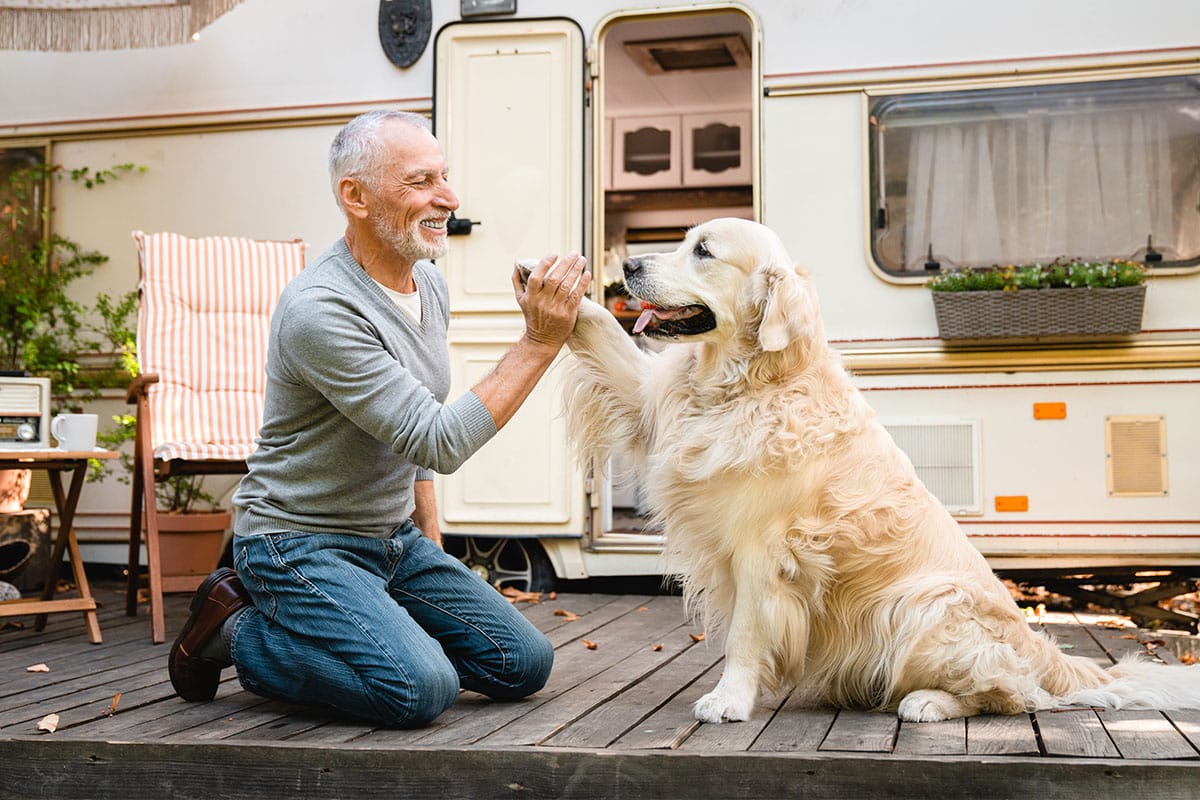
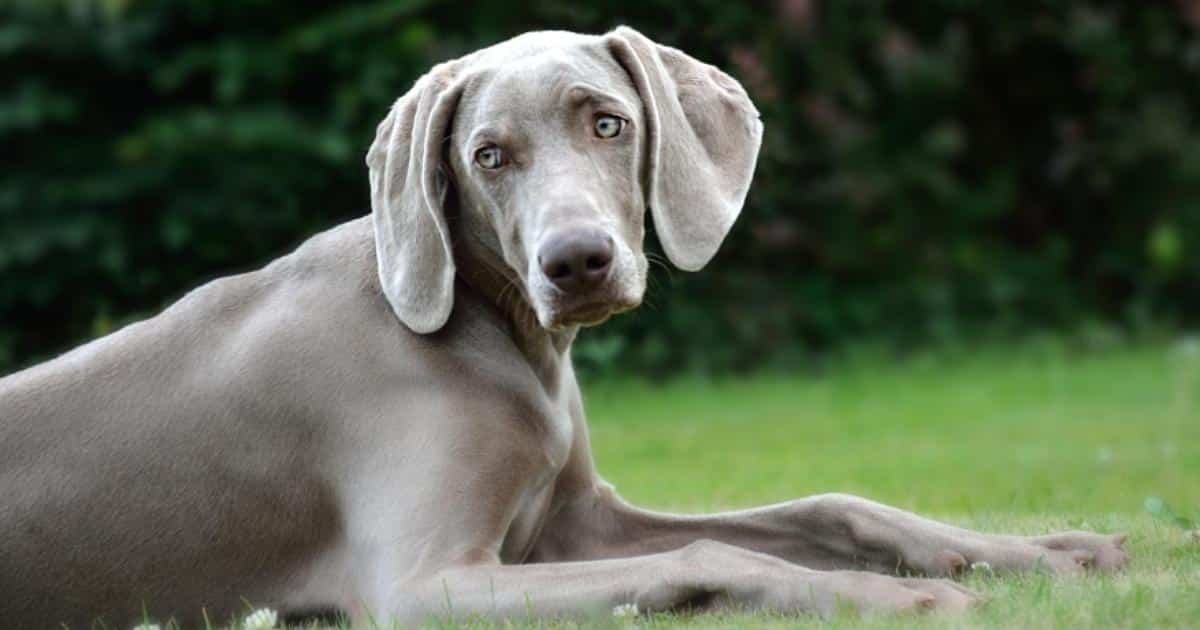



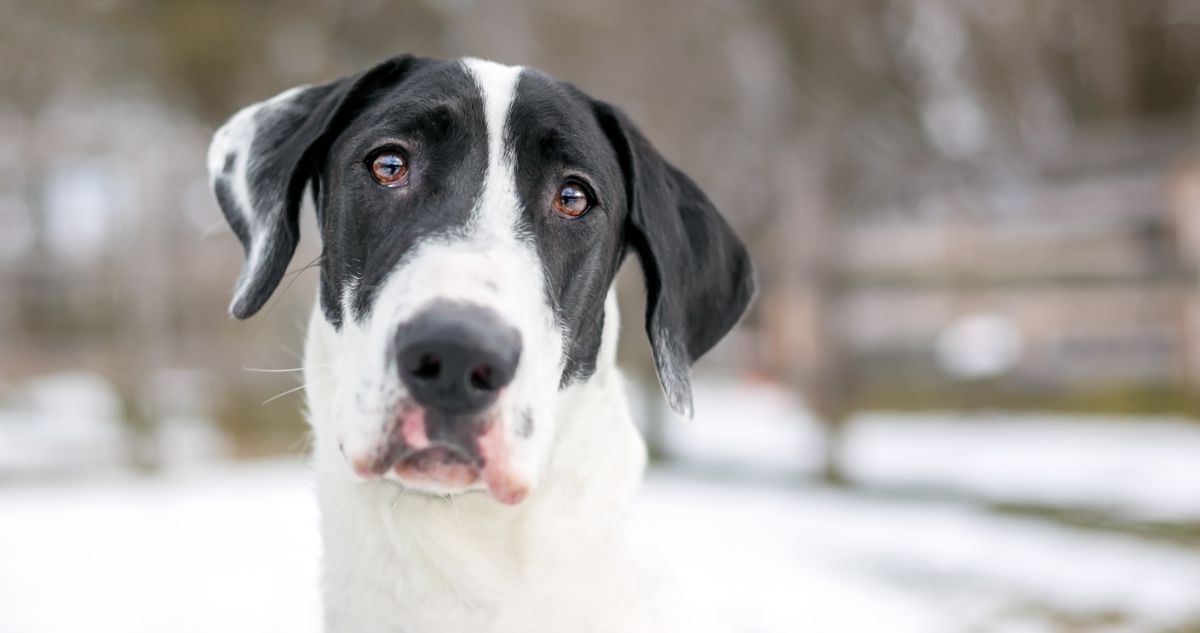




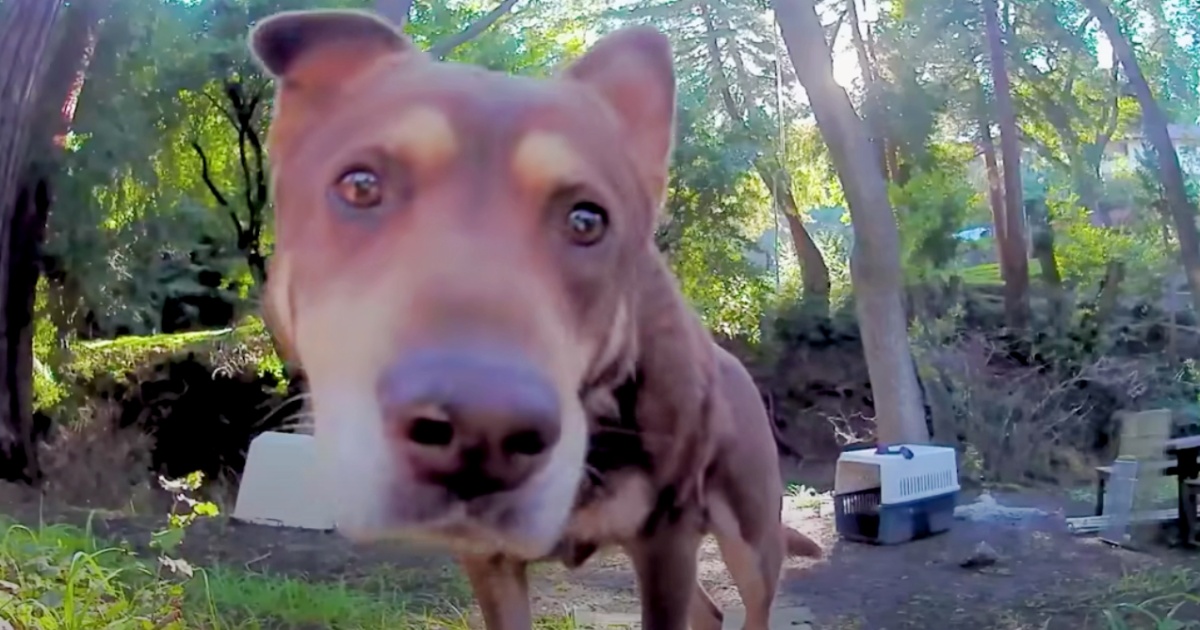

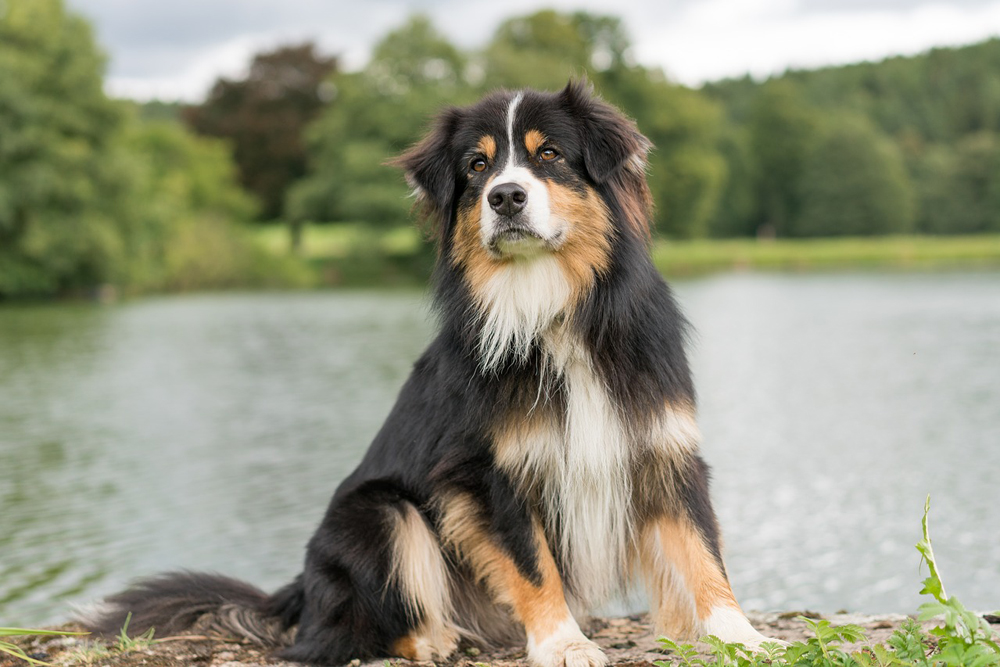
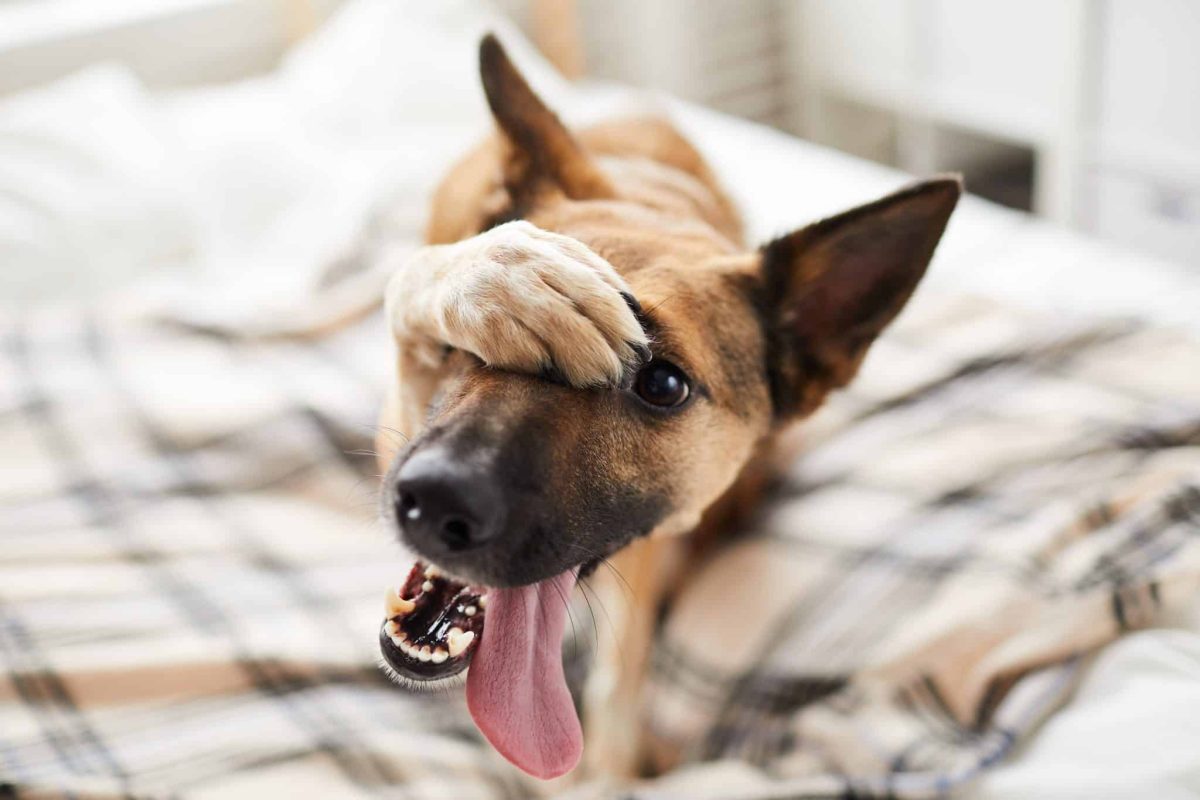

 English (US) ·
English (US) ·